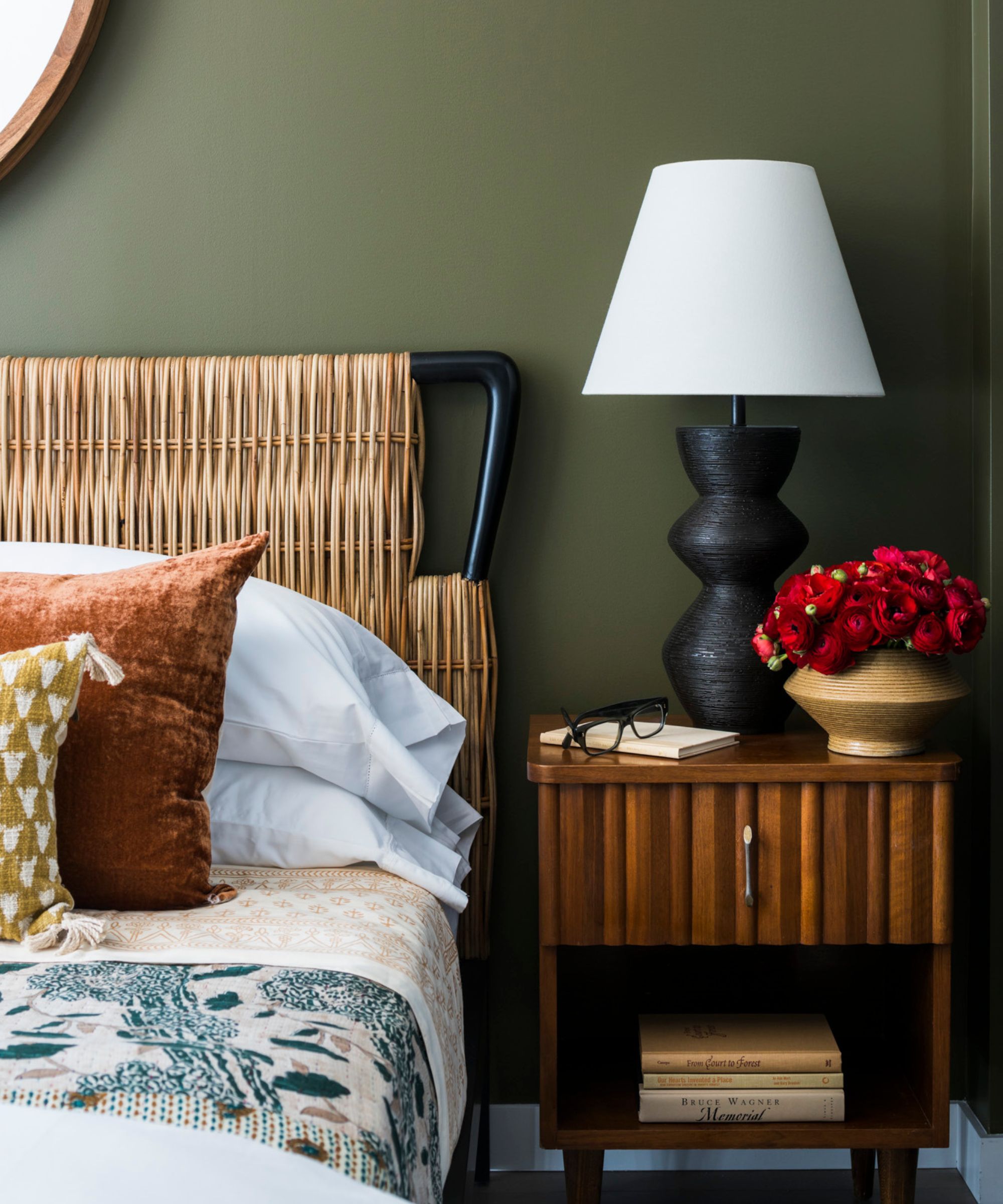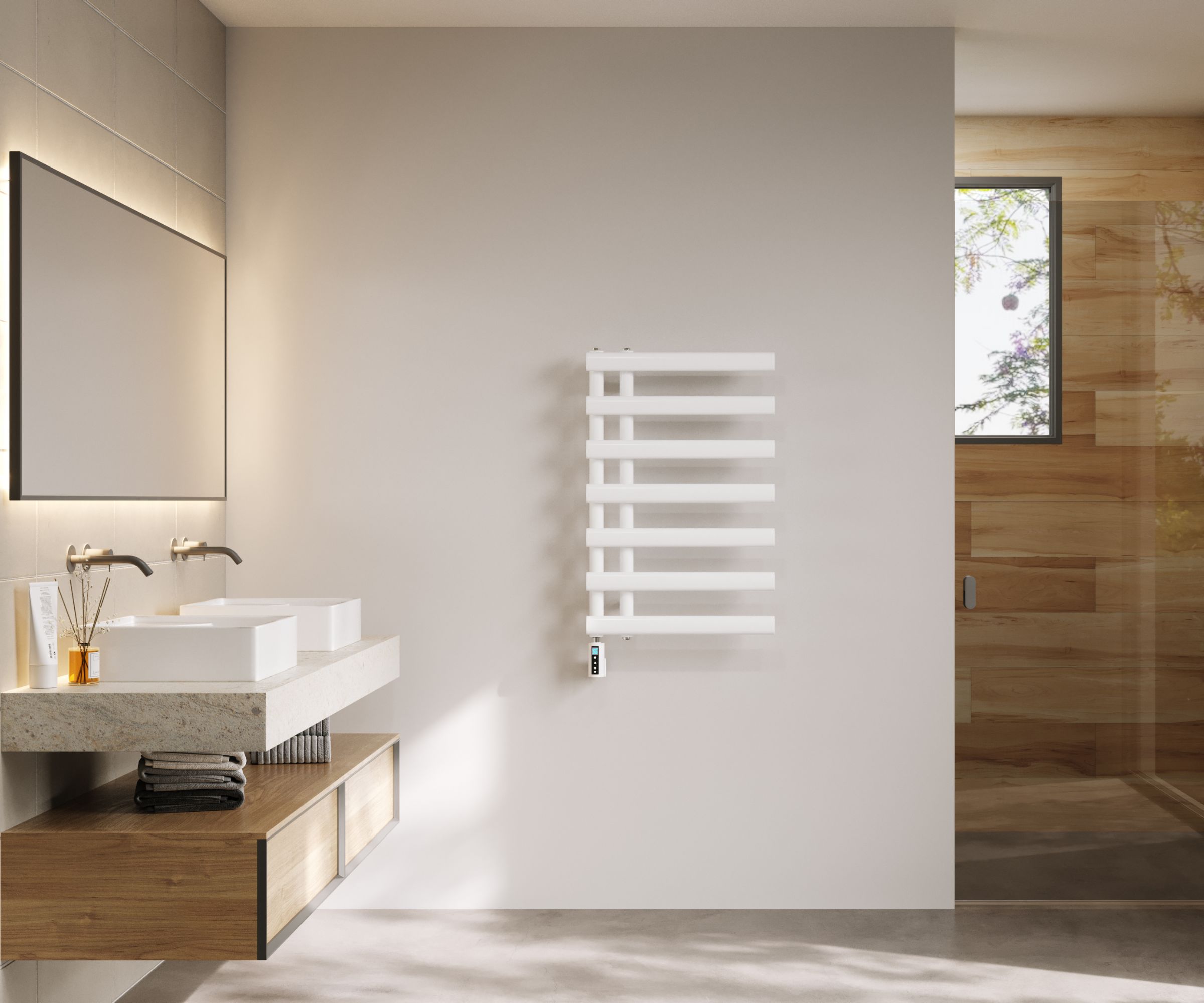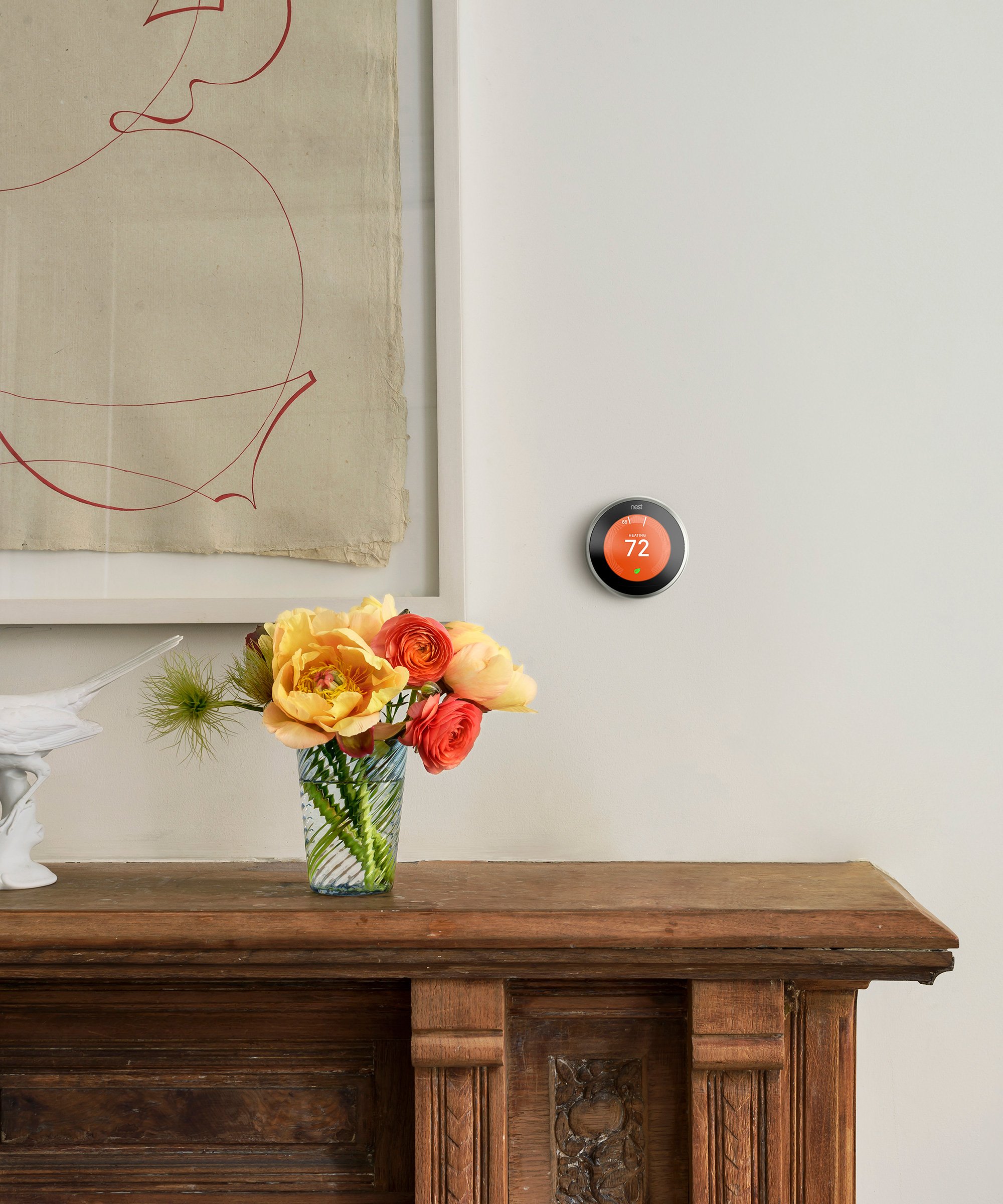
During freezing weather, the decision to leave the heating on overnight becomes a delicate balancing act between comfort, energy efficiency, and home maintenance.
In winter, allowing the temperature inside a home to drop significantly overnight can lead to discomfort in the early hours. So, maintaining a consistent temperature can keep your room warm during winter, contributing to a more comfortable and inviting living space.
However, there are various pros and cons to doing this, and by weighing these, you can ensure cozy and cost-effective winter nights.
Should I leave the heating on overnight in freezing weather?
As well as identifying the individual benefits and issues with leaving the heating overnight, you should take a holistic approach to balance this with considerations of personal comfort and the specific needs of your home.
Pros

Besides creating a warmer and more comfortable environment, here are the advantages of leaving the heating on all night at a consistent temperature:
1. Reduces pipe strain
'Frequently turning off the system and then turning it back on can lead to increased strain, potentially shortening its lifespan and leading to costly repairs,' explains Jeff Gervais, president at Gervais Mechanical.
'Maintaining a consistent temperature, even if it's lower when you're not home or asleep, can be less taxing on your heating system.'
2. Prevents pipes freezing
'In extremely cold weather, turning off your heating system poses the risk of your pipes freezing. This can potentially cause them to burst, leading to significant water damage,' says Josh Mitchell, owner of Air Conditioner Lab.
'To prevent this, it's recommended to maintain an indoor temperature of at least 55 degrees Fahrenheit, even when you're not home,' advises Jeff Gervais. 'This temperature is typically sufficient to prevent pipes from freezing and doesn't significantly increase your heating bills.'
3. Reduces chances of condensation and mold
Without a consistent indoor temperature, there is an increased chance of condensation on your windows overnight which could potentially cause damp or mold, particularly in areas with poor ventilation.
Maintaining a moderate, consistent heat can help prevent these issues.
4. Protects your home
The consistent warmth provided by leaving the heating on can help protect your home's structure and interiors from the damages caused by extreme temperature fluctuations.
Wooden furniture, certain flooring types, and even paint can be damaged by the cold, leading to warping or cracking. A steady temperature, on the other hand, can prevent such damage.
Cons

While leaving the heating on all night at a lower temperature in freezing weather is advisable for maintaining interior comfort, and preventing potential cleaning and maintenance issues, there are several downsides to bear in mind:
1. Higher electric bills
Continuously running a heating system all night, even at a lower temperature, will lead to increased consumption and higher energy bills.
However, modern heating systems are quite efficient, and setting a programmable thermostat to lower the temperature during the night can strike a balance between maintaining warmth and conserving energy, helping you to cut energy bills.
2. Safety hazards
'A heater with frayed wiring or other internal mechanical failures has an increased chance of combusting' warns Gretchen Boyd, president of NYC House Cleaners.
'If you own an electric propane heater, mandatorily switch it off before sleep to prevent carbon monoxide poisoning.'
'While modern heating systems are generally safe to run continuously, it's important to ensure regular maintenance checks for any potential issues like carbon monoxide leaks, especially with older systems,' advises Josh Mitchell.
3. Reduces humidity levels
While some heating systems such as radiators and baseboards have little to no impact on humidity levels, those that use forced air can dry out the humidity in the air.
'Continuous heating can reduce indoor humidity levels, potentially causing discomfort like dry skin and respiratory issues,' explains Josh Mitchell.
Therefore, to achieve the right humidity level in your house in winter, it is important to balance heat with moisture, such as by opening windows.
Josh Mitchell also says, 'Using a humidifier or ensuring proper ventilation can help mitigate this.' We recommend this Pro Breeze humidifier, from Amazon.
5. Increases carbon footprint
Higher electricity consumption leads to increased carbon emissions.
Conserving energy by adjusting your heating system overnight with programmable thermostats can be a more environmentally friendly approach.
Programmable thermostats

'While some prefer maintaining a consistent temperature, others may opt for programmable thermostats, allowing a lower setting during sleep,' says Martina Genao, director of operations at Emergency Plumbing Squad. 'This alternative approach aims to balance warmth with energy conservation.'
With these thermostats, you don't have to completely shut off your heating system overnight. Instead, you can set temperature schedules that adjust based on the time of day, so certain parts of the house are heated at certain times. That way, it stays warm when you need it without running constantly.
This can allow you to lower temperatures during the night and gradually increase them in the morning in the rooms you will be occupying.
Additionally, during extremely cold temperatures you can program these to keep the heating on at a lower temperature overnight to prevent pipes from freezing in areas of the house where pipes are less insulated.
'Factors like insulation and home size also play a role, adds Martina Genao. 'It's advisable to experiment and find a balance that suits both comfort and energy-saving goals.'
With the benefits of less heating at unwanted times and smart controls, programmable heating types help to keep you warm without wasting energy. This balanced approach can make it much easier to manage your home's heating and make your heating more efficient.
FAQs
What is the ideal temperature to set your heating system to overnight?
'A generally comfortable overnight temperature is around 62 to 66 degrees Fahrenheit (17 to 19 degrees Celsius),' advises Josh Mitchell, owner of Air Conditioner Lab. 'This prevents drastic temperature drops.
'For homes with elderly residents, infants, or individuals with specific health conditions, a slightly warmer setting of around 68 degrees Fahrenheit (20 degrees Celsius) might be more appropriate.'
What is a good heating system for areas with freezing temperatures?
'Heat pumps, particularly the cold climate variants, are proving to be a game-changer. They can be a more energy-efficient option compared to traditional gas furnaces and function remarkably well even when temperatures plummet, ensuring a comfortable interior without continuous
high heat output,' says David Birkes, owner of Birkers Builders.
'It's about finding that balance between sustained warmth and energy conservation, supported by the right technology.'
Heat pumps can be a great installation to winterize a house.
You can experiment with different settings to find the right balance of the various pros and cons.
'The decision to keep your heating on all night is a balance between maintaining a comfortable environment and being energy efficient,' says Josh Mitchell. 'With proper insulation, a well-maintained heating system, and the use of programmable thermostats, you can achieve a comfortable living space without excessive energy use.'
To prioritize creating a sleep environment that promotes restful nights while being mindful of energy consumption, you should also utilize heat-retaining tricks to keep your house warm without turning up the heat.







